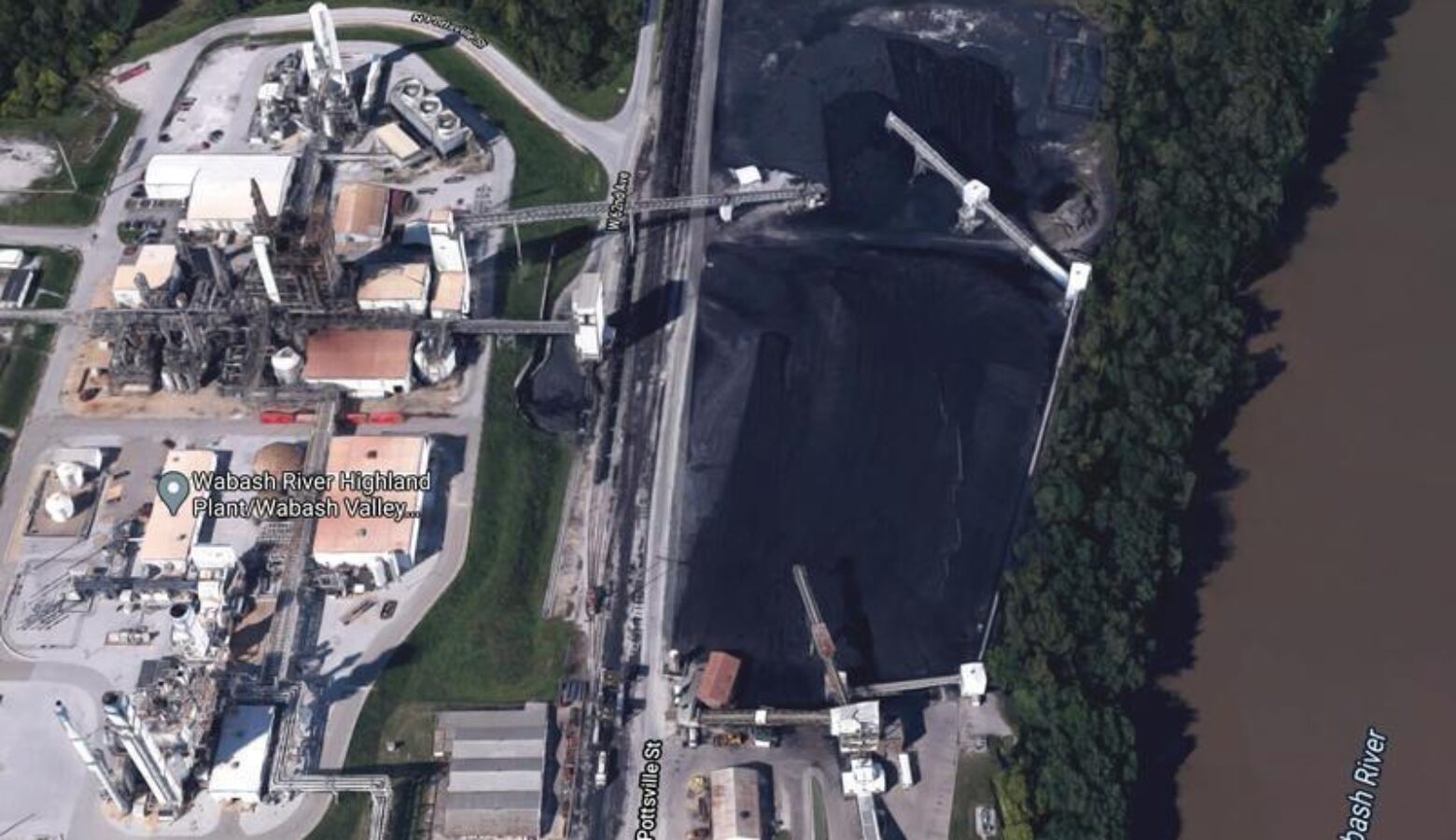Bill on carbon capture pilot program divides Indiana lawmakers, narrowly passes Senate

A bill that aims to help get a state pilot program on carbon sequestration going narrowly passed the Indiana Senate this week. Property rights and environmental issues split both parties on the matter.
Nearly four years ago, the state gave Wabash Valley Resources approval to store its carbon emissions underground. Senate Bill 451 aims to make the project in Terre Haute more competitive for federal grants by clarifying how the company will get property rights.
The bill states landowners must get paid at least $250 per acre. But those who want more money would have to sue to get it.
Farmers and other landowners also said the bill allows the company to inject CO2 under their land without the same consent as other such projects in the state.
Sen. Lonnie Randolph (D-East Chicago) said he was unsure about the Wabash Valley project at first.
“If, in fact, you saw whether it has a minimal effect on environment and it could have enormous potential economic development effect — not just for the two counties in the state of Indiana, but the whole country. Why not?” he said.
But environmental groups worry the project could not only threaten the environment, but public health. They’re concerned leaking CO2 emissions could pollute drinking water sources, suffocate residents and animals, or cause earthquakes.
READ MORE: Landowners near carbon capture pilot program fear bill would take away property rights
Join the conversation and sign up for the Indiana Two-Way. Text “Indiana” to 73224. Your comments and questions in response to our weekly text help us find the answers you need on statewide issues throughout the legislative session. And follow along with our bill tracker.
Sen. Jean Leising (R-Oldenburg) said $250 is three times less what farmers are paid in cash rent for solar farms. She said many groups still remain opposed to the bill — from those representing farmers and agriculture interests, to oil and gas companies, to environmentalists and the Department of Natural Resources.
“So then you go, ‘Wait a minute. What are we doing here?’” Leising said.
Groups representing businesses, manufacturers, and construction trades are in favor of the bill. It now moves to the state House for consideration.
Since the pilot was approved, Wabash Valley Resources has sought legislation to protect the project from lawsuits by landowners. The company isn’t operating yet and it’s not clear what it would do. It’s said it would make hydrogen gas and fertilizer in the past.
CORRECTION: A previous version of this story’s headline said the bill had passed the House. That was incorrect. It passed the Senate.
Rebecca is our energy and environment reporter. Contact her at rthiele@iu.edu or follow her on Twitter at @beckythiele.


